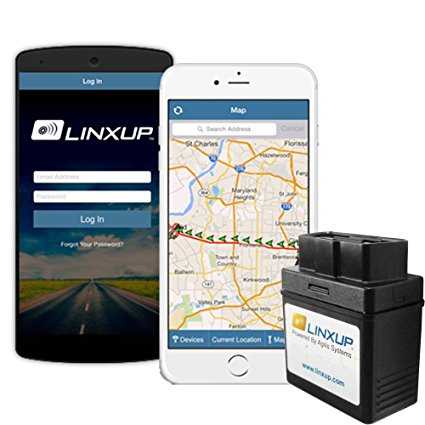It would be fair to say that the logistics industry has moved on leaps and bounds over the last few years. A quick look around the country’s roads highlights the sheer number of vehicles that are donning them – and this number only seems to be on the rise.
Something that has aided its plight enormously is the emergence of the GPS tracking device. This technology has transformed the way in which vehicles are managed, and provides logistics companies with data which was otherwise never available.
Through the course of this post we will now take a look at some of the ways in which these companies are benefiting.
Real-time updates on a plate
This is one of those benefits that is available for all to see. In other words, whether you are a consumer or representing a logistics company directly, real-time updates are now commonplace. If you are waiting for a parcel delivery, there’s every chance that an SMS notification will be sent to you when it reaches location ‘x’. In the case of the logistics company specifically, your systems will be constantly informed of the whereabouts of vehicles and their contents.
Once upon a time these services may have required a degree of human interaction. In other words, the driver may have had to update the system for each stop. Now, it’s all automated, and both consumers and businesses are reaping the rewards.
The speed-factor
This next benefit to the logistics industry is somewhat interesting. After all, a common misconception is that logistics companies are only interested in getting their vehicles to the destination in record speeds. Well, nowadays, this isn’t necessarily the case.
Sure, speed is everything, but only in moderation. The last thing one of these companies want is for one of their drivers to break a limit. It not only might result in a ban for their driver, but a possible fine for the company as well.
The concerns don’t only relate to the legalities though. As we all know, faster speeds are linked to less efficient journeys, and this obviously hinders the bottom line for a logistics company.
Following on from the above, you’ve probably gathered that a GPS tracker can comfortably track speed.
Making processes as efficient as possible
We touched upon the efficiency issue above, and we will now look at this in slightly more detail. It has probably become clear through this guide that a GPS tracker provides companies with a lot of data about their transport. One of these data points surrounds the time taken on journeys, and also the routes.
Particularly if a route is common for a company, it becomes easy for head office to tailor routes depending on speed. For example, if one seems slow at one point in a day, they can try and organize it for a different part of the day to make up the time. Its small changes like this which can result in monumental financial savings by the end of the year.


 A Crowdsourcing Software Suite Can Show You When and Where to Innovate
A Crowdsourcing Software Suite Can Show You When and Where to Innovate